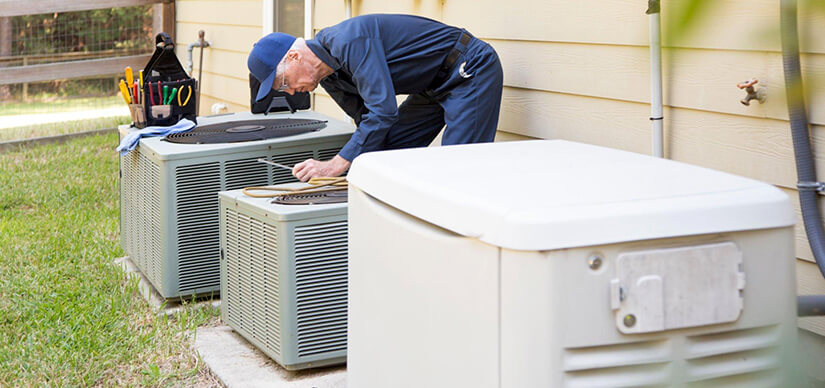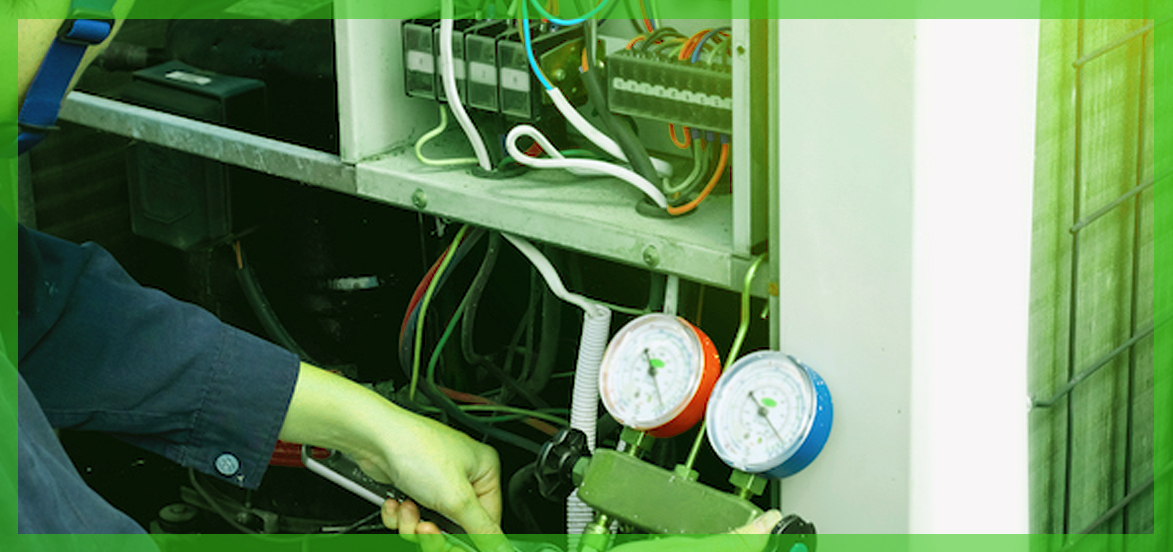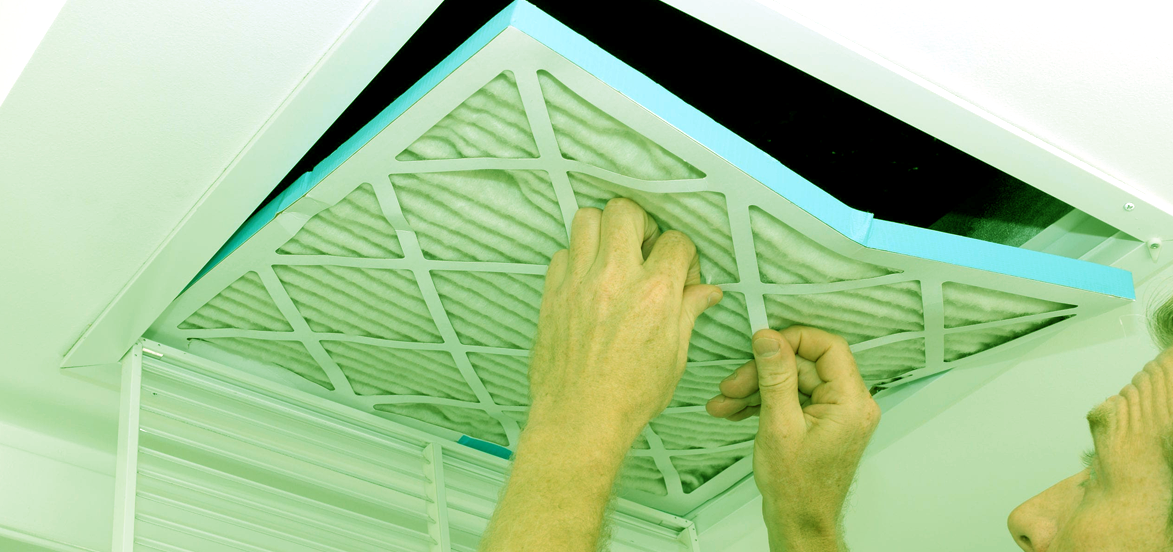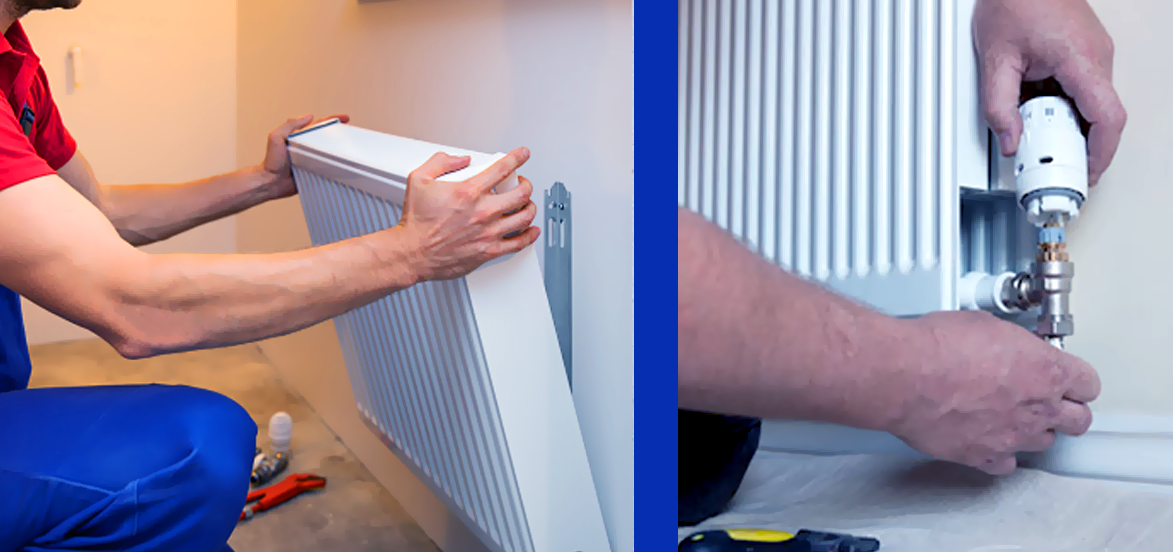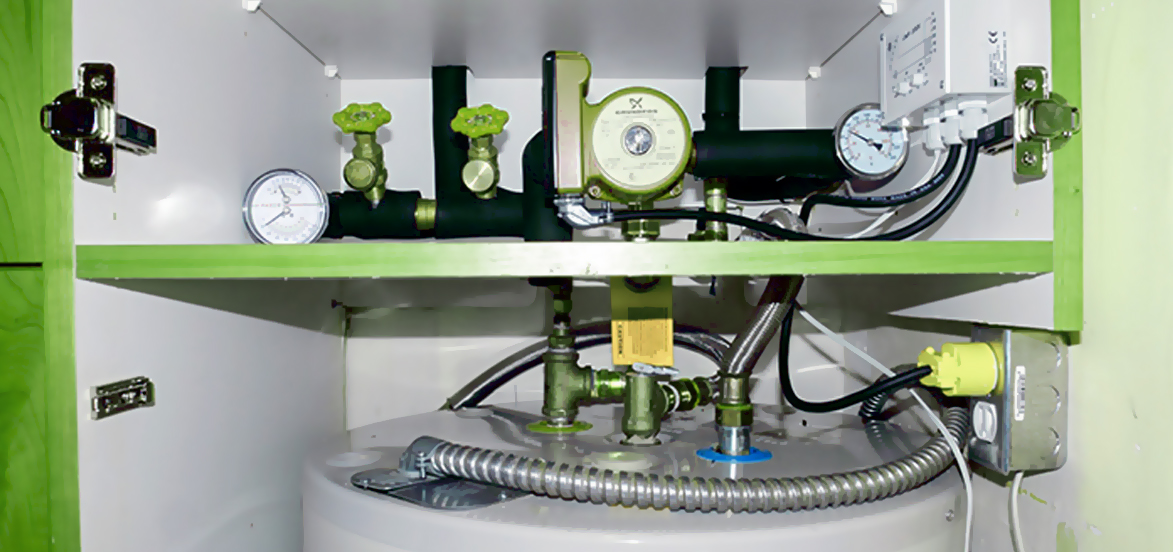Choosing the appropriate size heat pump for your home is essential when installing a heat pump to ensure effective and economical operation. For heat pump installation in Orange County, the right size can lower your energy costs and maintain the efficiency of your system. This post will go over the factors to take into account when choosing the correct size heat pump for your home. It will also discuss the various kinds of heat pumps and how to determine the size that your home requires. This guide will assist you in selecting the ideal size heat pump for your home, regardless of where you live—in Orange County or anywhere else.
Choose the type best suited for you
Choosing the right size for your home is the first step in determining which type of heat pump is best for your needs. There are many different types of heat pumps, including ground-source, geothermal, and air-source models. Consider your climate and budget when making your choice because each type has advantages and disadvantages of its own. Air-source heat pumps are among the most common models in Orange County due to their lower cost and easy installation. An air-source heat pump draws warm air from the outside and circulates it inside the structure. Climates with mild winters, like those found in temperate regions, are best for this type of heat pump. If you have a higher budget, you can consider installing a geothermal heat pump, which can provide better energy efficiency and performance. Geothermal heat pumps are costly to set up and require more complex piping than an air-source system. But they can really reduce heating and cooling costs over the long term. Whatever type of heat pump you select, it is critical that your
heat pump installation in Orange County is done correctly. You may want to consider getting a professional heat pump installation in Orange County to ensure that everything is done correctly. The professionals will be able to properly size the unit and decide if additional components are needed for the best performance.
Figure Out What Size Heat Pump You Need
It's important to select the proper size heat pump for your residence in order to maximize performance. The cooling capacity of a heat pump, measured in British thermal units (BTUs), determines its size. The larger the BTUs, the more powerful the heat pump is. You must account for the square footage of your home and the climate where you live when determining the ideal BTU size for your requirements. In general, you will need to buy a heat pump with fewer BTUs if you live in a mild climate, like Orange County, California, than if you live in a more extreme climate. This is due to the fact that maintaining a comfortable temperature in the milder climate requires less energy. Heat pump installation in Orange County also requires an expert to correctly install your system and make sure it is operating correctly and safely. It is best to consult with a professional for a precise measurement of your home’s BTU needs.
Factors to Consider
When selecting the right size heat pump for your home, there are
several factors to consider before installing a heat pump. First, you will need to determine the size of your home and how much energy you need to heat or cool it. Your geographical location will also play a role in determining which size is best for you. Other important considerations include the type of fuel used for heating, cooling, ventilation, and other needs. The size of your space is one of the most important considerations. You’ll want to measure the length and width of each room in your home to get an accurate estimate of the square footage. With this information, you’ll be able to find the right heat pump for your home. Another factor to consider is your climate. You should take the temperature and humidity levels in your area into account. This will help you choose a heat pump that is powerful enough to keep your home comfortable year-round. In some climates, a larger heat pump may be necessary due to high levels of humidity or extreme temperatures. The type of fuel used to power your heat pump should be considered. Electric heat pumps are the most common type, but some homes may use natural gas or propane as a source of energy. It’s important to make sure that your heat pump is compatible with the type of fuel you have in order to get optimal performance.
Calculating size
Calculating the right size heat pump for your home involves several factors, such as the size of your home, the climate of your area, the level of insulation, and the number of occupants. Here are the steps to follow:
Determine the size of your home
The first step is to calculate your home's square footage. You can do this by counting the square footage of each room by multiplying its length and width. The total square footage of your home can be calculated by adding the square footage of each room.
Determine your climate zone
The climate of your area will determine the amount of heating or cooling your home needs. You can determine your climate zone by using the U.S. Department of Energy's climate zone map.
Determine the level of insulation
The level of insulation in your home affects the amount of heat or cool air that escapes. If your home has poor insulation, you will need a larger heat pump to compensate for the heat loss.
Determine the number of occupants
The number of occupants in your home affects the amount of heat or cool air needed. More people in a home means more heat is generated.
Use a heat pump sizing calculator
There are online heat pump sizing calculators that can help you determine the right size heat pump for your home based on the factors above. Some manufacturers also provide sizing calculators on their websites. Consult with a professional: It's always a good idea to consult with a professional
HVAC contractor in Orange County to ensure that the size of your heat pump is appropriate for your home's needs.
Conclusion
For effective and economical heat pump installation in Orange County, selecting the appropriate heat pump size for your home is essential. The size of your home, the local climate, the amount of insulation, and the number of You need to decide which kind of heat pump best fits your needs and budget. In milder climates, air-source heat pumps are more prevalent, whereas geothermal heat pumps can offer better energy efficiency and performance but are more expensive. Regardless of the model you select, it is essential to make sure the installation of your heat pump is done correctly, so getting professional advice is always a good idea. By considering these elements, you can select the size and style of heat pump that is best for your home, enhancing comfort and reducing energy costs.
